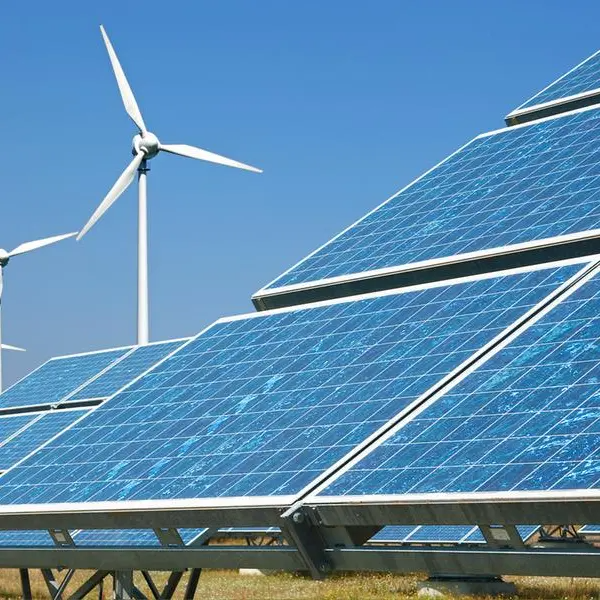Moldova, a small landlocked country in Eastern Europe, is no stranger to the challenges of energy security and dependence on imported fossil fuels. With over 90% of its energy needs being met through imports, the country has long been vulnerable to fluctuations in global energy prices and geopolitical tensions. However, the winds of change are blowing, and Moldova is now looking to tap into its renewable energy potential to diversify its energy mix and reduce its reliance on imported fossil fuels.
Solar energy is one of the most promising renewable energy sources for Moldova, given the country’s favorable geographic location and abundant sunshine. According to the European Bank for Reconstruction and Development (EBRD), Moldova receives an average of 2,100 hours of sunshine per year, which is comparable to countries like Spain and Italy. This makes solar power a viable option for the country to harness clean energy and reduce its carbon footprint.
In recent years, the Moldovan government has taken significant steps to promote the adoption of solar energy. In 2016, the country adopted a new law on renewable energy, which set a target of generating 20% of its electricity from renewable sources by 2020. The law also introduced a feed-in tariff system, which guarantees a fixed price for electricity generated from renewable sources, making it more attractive for investors to develop solar projects in the country.
One notable example of a successful solar project in Moldova is the Cimi?lia Solar Park, which was commissioned in 2019. With a capacity of 41.5 MW, it is the largest solar power plant in the country and generates enough electricity to power around 15,000 households. The project was developed by a consortium of international investors and was supported by the EBRD, which provided a €15 million loan for its construction.
Wind energy is another promising avenue for Moldova to explore in its quest for renewable energy. The country has a moderate wind potential, particularly in the northern and southern regions. A study conducted by the United Nations Development Programme (UNDP) in 2013 estimated that Moldova could potentially generate up to 1,100 MW of wind power, which would be enough to meet around 30% of the country’s electricity needs.
To tap into this potential, the Moldovan government has been working on developing a regulatory framework for wind energy and promoting investments in the sector. In 2018, the first wind farm in Moldova, with a capacity of 22 MW, was inaugurated in the southern region of the country. The project was developed by a local company and received financial support from the EBRD and the Global Environment Facility.
Biomass is another renewable energy source with significant potential in Moldova, particularly in the agricultural sector. The country has abundant agricultural waste, such as straw and animal manure, which can be converted into biogas or solid biomass for heating and electricity generation. According to the UNDP, Moldova has the potential to generate up to 50% of its heating needs from biomass.
In recent years, several biomass projects have been implemented in Moldova, with support from international donors and development agencies. One such project is the Moldova Energy and Biomass Project, which was launched in 2011 and aims to promote the use of biomass for heating in rural areas. The project has so far installed over 200 biomass heating systems in schools, kindergartens, and other public buildings, benefiting more than 75,000 people.
In conclusion, the future of renewable energy in Moldova looks promising, with solar, wind, and biomass offering viable alternatives to imported fossil fuels. By harnessing its renewable energy potential, Moldova can not only enhance its energy security and reduce its dependence on imports but also contribute to global efforts to combat climate change and promote sustainable development.






